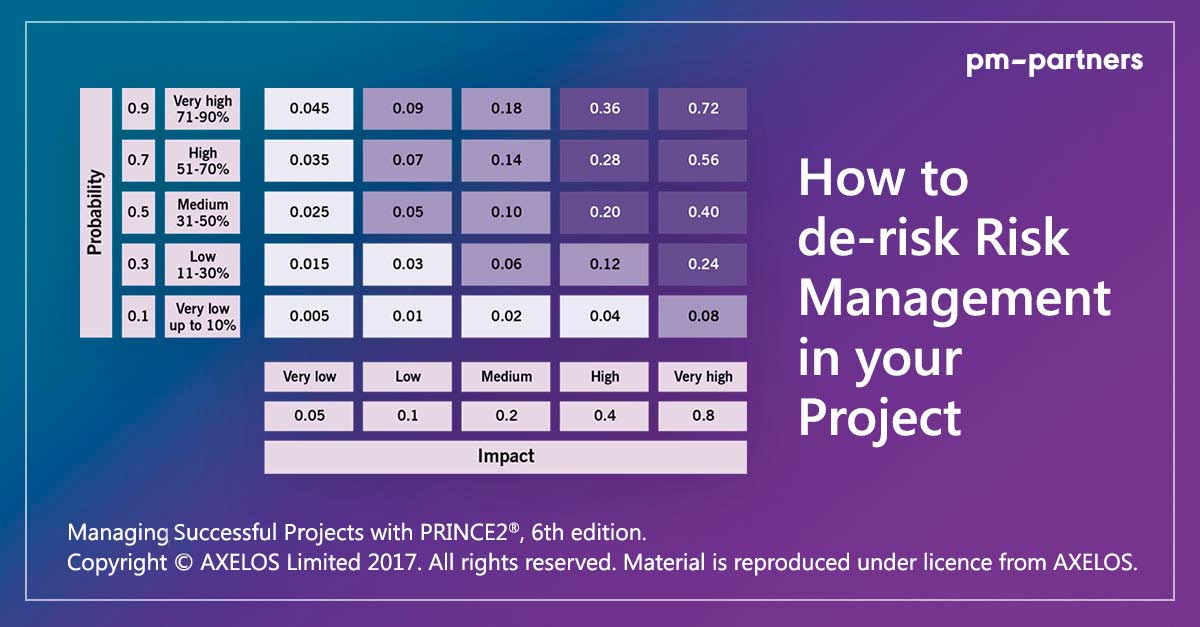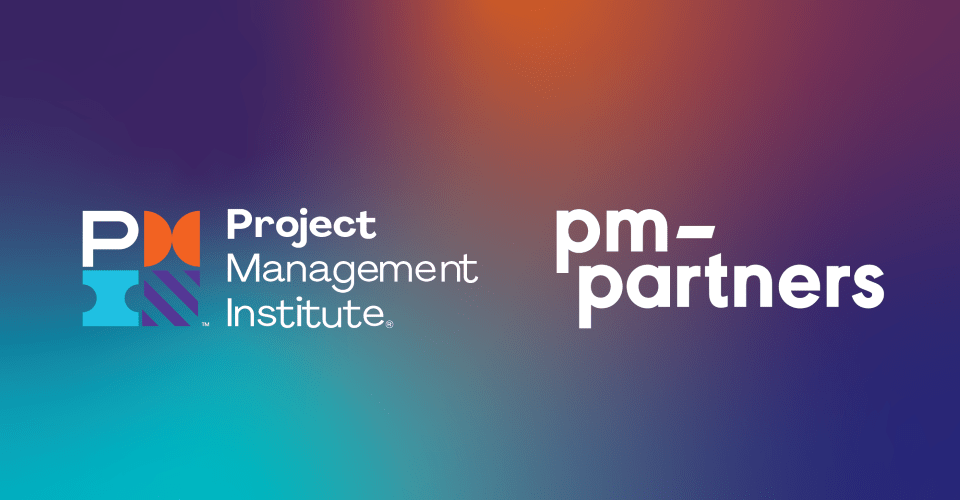De-risking risk management in your project

A core component of successful project management is the ability to manage uncertainty throughout the life of a project. Risk Management seeks to support decision-making through an informed understanding of risks and their likely impact.
A risk (whether favourable or negative) is an uncertain event which, if it occurs, affects the achievement of project objectives.
Consider the following checklist to ensure you are proactively managing risk on your project.
10 POINT CHECKLIST FOR PROJECT RISK MANAGEMENT
- Have you gathered input from all key stakeholders (including SMEs, team members, executive management, the customer) regarding the threats and opportunities for your project?
- Have you considered looking at different categories/nature of risk such as:
- Benefit
- Commercial
- Community
- Site
- Design/engineering
- Operational
- Political
- Security
- Have you been specific and unambiguous in describing risks?
- Have you assessed individual risks for their likelihood/probability?
- Have you considered the proximity (timeframe) of the risk i.e. when the risk is likely to occur during your project?
- Have you assigned a priority to each risk?
- Have you assessed the impact and severity of risks not only your project but on:
- Related projects underway within the organisation?
- Business units or departments within the organisation?
- The organisation itself?
- Have you considered containment, mitigation and/or contingency strategies for each risk?
- Does each risk have a risk owner?
- Have you included risk as part of your regular status report/agenda item for status meetings?
Remember risk management is a proactive and iterative process that should begin at project inception and continue throughout the life of a project. For more information on how we can help you and your organisation with your risk management plan, contact us on 1300 70 13 14.

About The Author
Tracey Copland
Head of Best Practice at PM-Partners
Tracey has been involved in management, finance and business consulting including Portfolio, Programme & Project management for 20+ years. Together with her skills and experience, Tracey is a flexible professional seeking to achieve a high work standard, focussing on value-add.
Having been with PM-Partners group for 15 years, Tracey has held roles including Consultant/Trainer, Head of Training and currently, Head of Development. Tracey has provided training and consultation services to clients in both the public and private sectors, across various disciplines and at all levels including Project, Programme, Portfolio and Change Management, and Agile practices.








